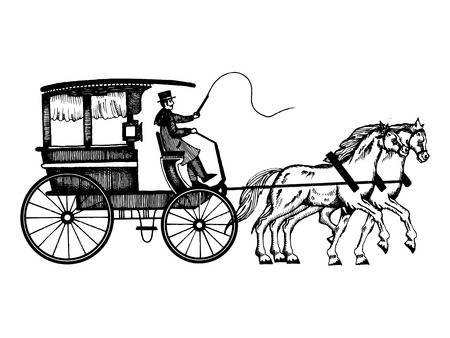One of the most common criticisms we hear from teachers is usually voiced at the time they are being confronted with yet another change to their teaching and learning practice. This is the critique that any new initiative, edtech or life skills or otherwise, is really just the same old idea coming around again, repackaged with 21st-century buzzwords. Especially if you’ve been teaching for some time or work in a school that is culturally risk averse, there is a certain sense of deja-vu with most pedagogical “innovations”. Been there, done that, never getting that weekend back! Anyone remember Wikis or Zines? Constant provincial ministry mandates and ongoing administrator classroom strategies don’t seem to help abate this trend towards the cynical.
The frustration is real. It’s the metaphor that lacks.
I’ve found an easier way to view innovation in education. Through the allegory of the car. Yes, not much has changed since the discovery that four wheels can get us places faster. The horse drawn carriage was replaced by the internal combustion engine. Henry Ford’s Model T ushered the motor vehicle into the age of mass production. Tesla now has record sales for the electric car. Still just four wheels. Isn’t it just the same thing over and over again, repackaged?
If, however, you pause to consider how many small yet crucial design elements have added to and improved this basic human transport need; from removing coachmen and allowing passengers to drive themselves, to safety measures such as the seatbelt and airbags, environmental pushes towards cleaner exhaust, greater mileage, winter tires, internal navigation systems, and now, automated self-driving vehicles.
The factory model of education may still be the most efficient way to instruct large populations of students, but education has come a long way since the single room school house. How we design and run these “factories” makes all the difference to how we see and conduct ourselves as teachers and the experience of open mindedness and curiosity we model for each student. Every educational theory and teaching trend, from Dewey to Vygotsky, from Montessori to Gardner, from Fullan to Hattie, Duckworth to Cain, all of them add incremental yet vital elements to our dynamic pedagogical toolbox, as well as providing fundamental progress to this noble profession.
So hold your head high at the next staff meeting. Avoid the temptation to slide into your default setting. Think of how YouTube is really just like the seat warmer in your car.

